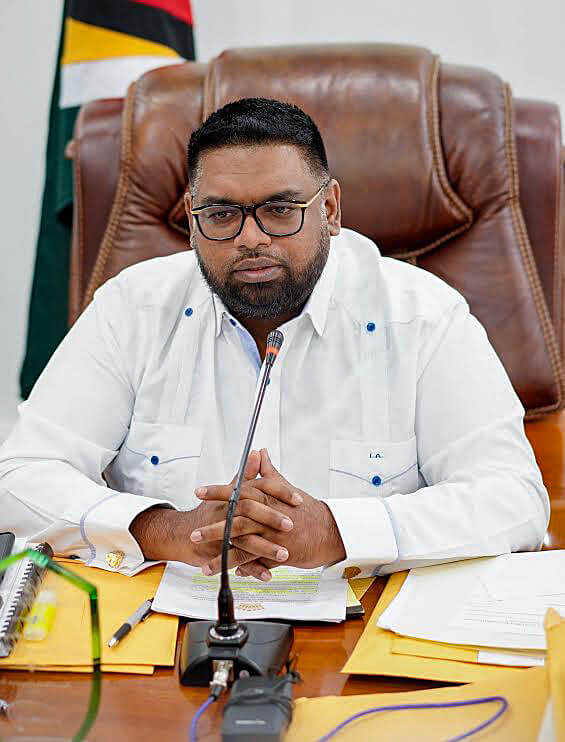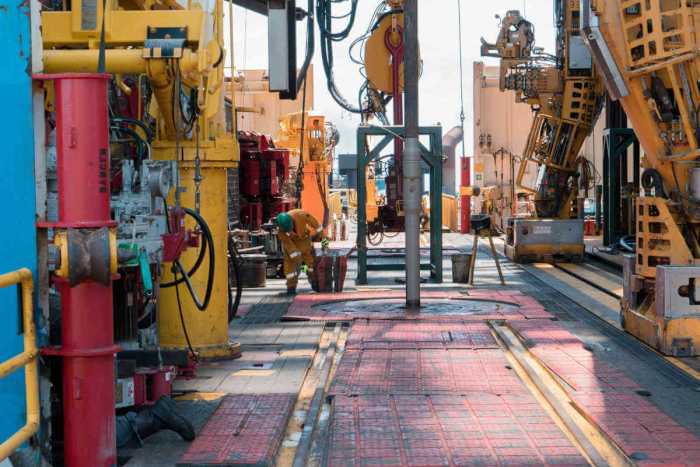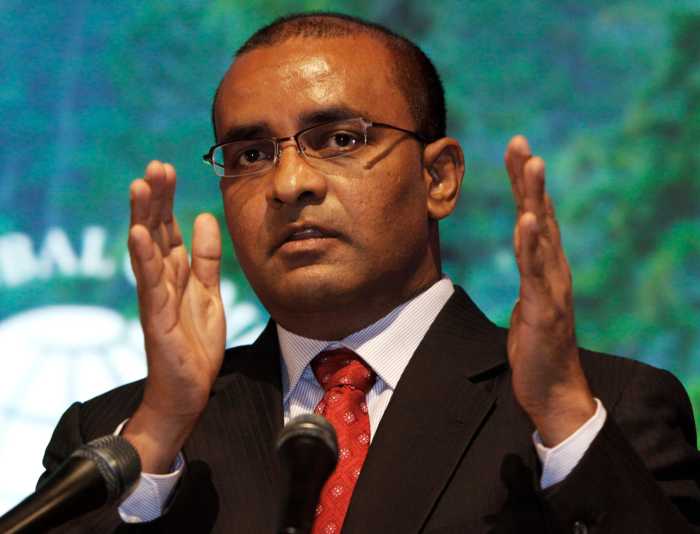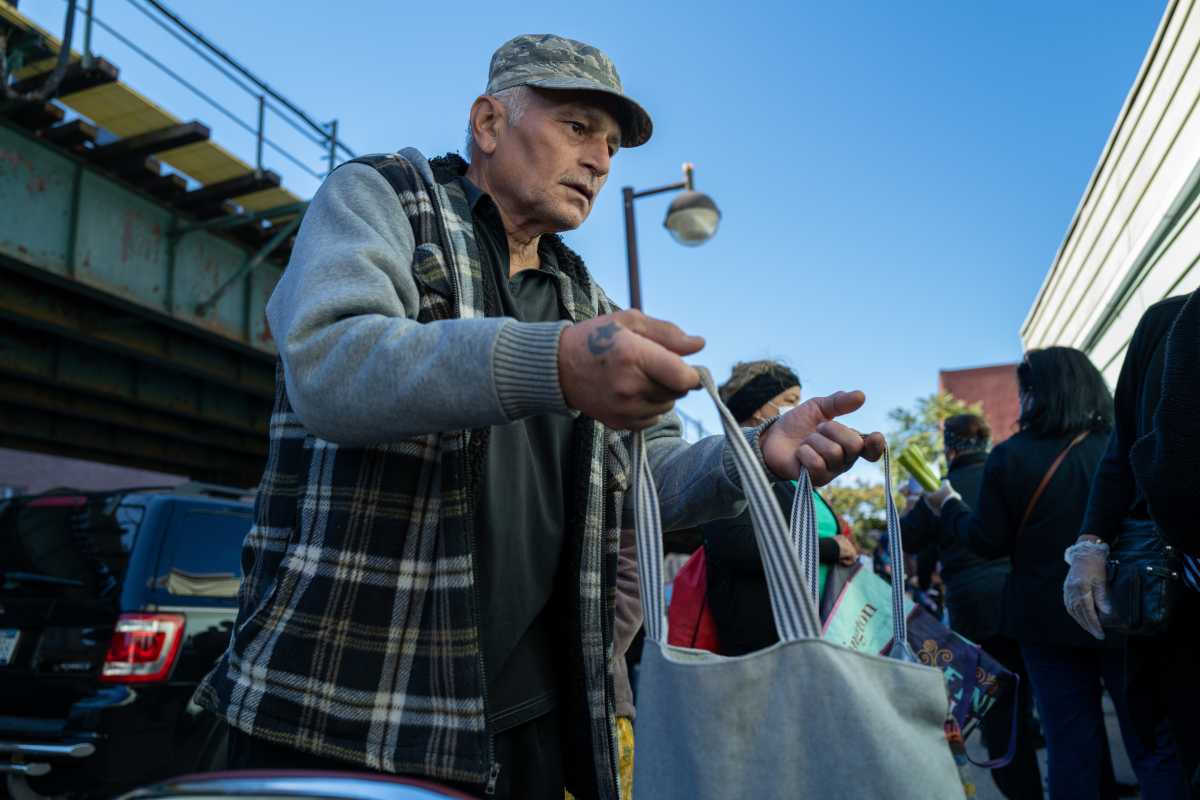Guyana’s government Thursday hailed a ruling by the World Court in The Netherlands to allow a simmering border row between Guyana and Venezuela to proceed to finality after it threw out a demand by Venezuela for former colonial ruler, Britain, to be a part of the case.
Reacting to the ruling by the International Court of Justice (ICJ), President Irfaan Ali said in a statement that the court is now fully empowered to proceed with the substantive territorial case and make a final and binding ruling on Venezuela’s decades-old claim to Guyana’s mineral-rich western Essequibo Region. The area accounts for two thirds of Guyana’s land mass of 83,000 square miles, equal to the size of Britain or Idaho, and is home to large western and Chinese gold, diamond mining and other investment projects.
“Guyana remains confident that its longstanding international boundary with Venezuela will be confirmed by the court,” Ali said in a statement, noting that the country “has always been fully committed to the peaceful resolution of the dispute. That is why, after attempting unsuccessfully to achieve a diplomatic settlement through talks mediated by the United Nations secretary general over more than two decades, Guyana brought the matter to the ICJ for a final and binding determination.”
Guyanese delegation attorneys and experts had argued before the court that Venezuela had filed the motion to delay hearing of the substantive case as Britain had ceased to have any involvement in the dispute once Guyana gained independence back in 1966. Britain, the US, Russia and Venezuelan boundary experts were part of an 1899 arbitration panel that had demarcated the boundaries between the two nations.
Venezuela decades later blamed a conspiracy between the others for cheating it out of the Essequibo with its attendant large gold, diamond and other deposits in addition to offshore oil and gas.
Tensions between the two have risen dramatically in the last eight years ever since “world class” deposits of oil and gas were found off the coast in 2015. Daily Guyana production has already reached 400,000 barrels from two oil fields with projections for a million by 2027 when at least two more come on stream.
“This is the second time the court has rejected jurisdictional objections raised by Venezuela. In December 2020, the court overruled Venezuela’s objections by a vote of 12-4. In June 2022, Venezuela raised a new objection. Oral hearings were held in November 2022, during which both parties appeared and presented their arguments before the court. Today’s ruling disposes of that objection, and will require Venezuela to submit its written pleadings on the merits of the case — that is, on the validity of the arbitral award and the international boundary that it established,” Ali said


























